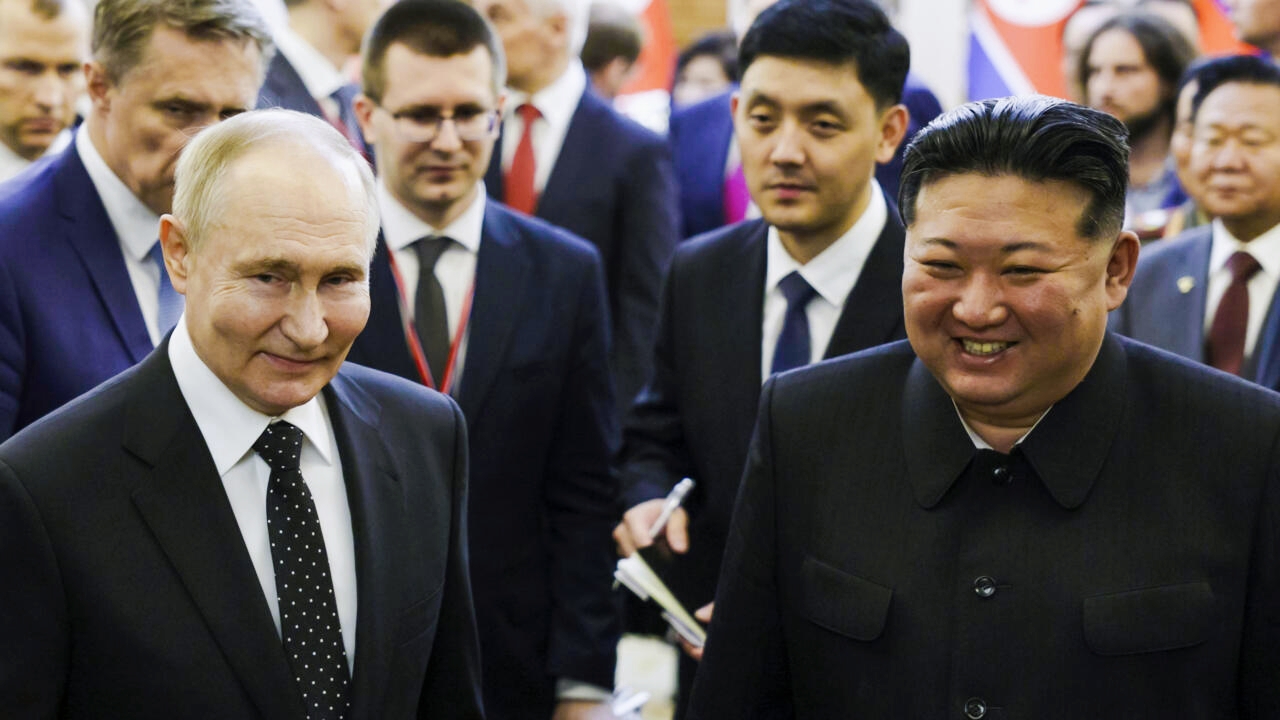Kim Jong Un: Russia's support is a 'brotherly duty' and Putin thanks him for military assistance
September 3, 2025275 ViewsRead Time: 2 minutes

Font Size:
16
In a move reflecting the strengthening military cooperation between Moscow and Pyongyang, the Kremlin announced today, Wednesday, that Russian President Vladimir Putin met with North Korean leader Kim Jong Un after both attended the massive Chinese military parade in Beijing, marking the 80th anniversary of Japan's defeat in World War II.
During the meeting, Putin expressed his gratitude to Kim for North Korea's ongoing support for Russia, noting that cooperation between the two countries has seen significant development since the signing of the comprehensive strategic partnership treaty on June 18, 2024.
Putin emphasized that the North Korean army bravely participated in the liberation of the Russian Kursk region, something that Russia will never forget.
For his part, Kim Jong Un stressed that providing full support to Russia is a 'brotherly duty' for North Korea, pointing out that 'the relations between the two countries are developing in all fields.'
Kim clarified that cooperation between the two countries has become stronger after the 2024 treaty, and that North Korea and Russia are fighting together against what is called 'modern neo-Nazism,' hinting at the Ukrainian regime.
Putin expressed his appreciation for the North Korean soldiers who fought in Kursk, noting that they showed 'courage and heroism' in battle.
He continued, saying: 'North Korean soldiers fought bravely in the Kursk region, and our country will never forget that.'
It is worth noting that North Korea sent workers in 2024 to support Russian war efforts at a time when Moscow is suffering from a labor shortage due to the war.
Additionally, about 11,000 to 14,000 North Korean soldiers have been deployed in Russia to bolster military support.
Russia and North Korea confirmed in the comprehensive strategic partnership treaty, which was concluded in June 2024, their commitment to formalizing their joint defense obligations, reflecting the depth of cooperation between the two countries in military and economic fields.